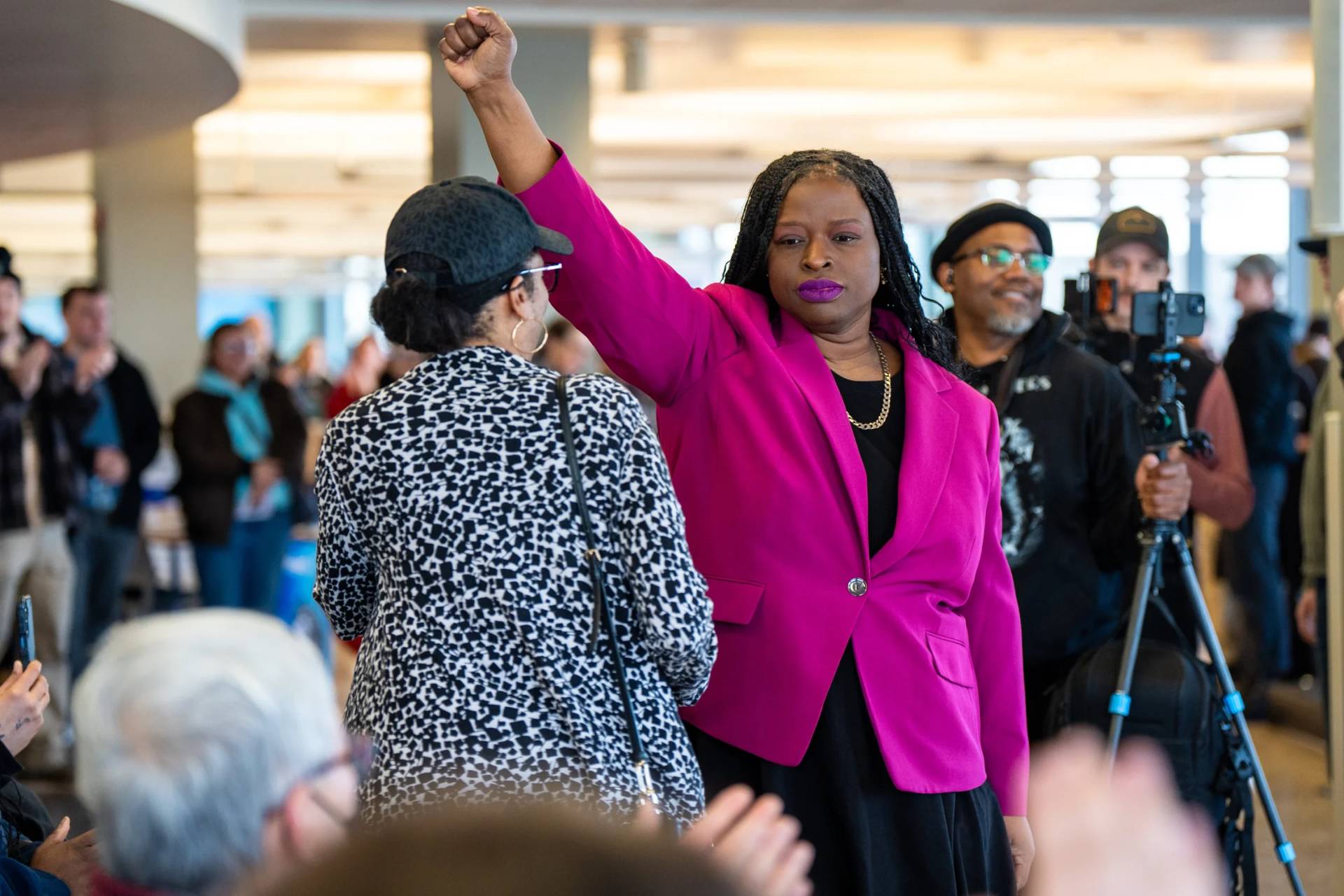NEW YORK – As part of a new strategic plan, Catholic Charities Archdiocese of Chicago has decided to transition out of 75 government contracts amid what the organization’s leadership has labeled an “increasingly complex and uncertain government funding environment.”
In a March 7 announcement of the decision, the organization said that it notified government funders that the transition will begin on July 1. The contracts it will leave behind are to provide services that include childcare, youth programs, behavioral counseling, senior care, adult protection, and veteran services.
“Over the past year, we have come to understand that if we want to increase our impact over the years ahead, we must sharpen our strategic focus, while simultaneously reducing the time our staff spends navigating an increasingly complex and uncertain government funding environment,” said Michael Monticello, Catholic Charities Archdiocese of Chicago Board Chair, said in a statement.
Sally Blount, the president and CEO of Catholic Charities Archdiocese of Chicago, said in a statement the decision to reduce the organization’s footprint as a government contractor allows it to refocus its efforts to provide services as a private humanitarian organization.
Blount explained that over the last decade navigating the government services sector has become a challenge as funding has not kept up with inflation, which has meant that many contracts no longer cover direct costs, or the increasing costs of administering them. Therefore, the organization will now place a greater reliance on private funding.
“We remain steadfast in our founding mission to serve people in need across Chicago, Cook and Lake counties … while adapting to the changing needs of our times,” Blount said. “Going forward, Catholic Charities will continue to serve the same populations and provide many of the same services but will do so with greater reliance on private funding.”
Combined, the 75 government contracts the Catholic Charities Archdiocese of Chicago is moving on from fund 12 percent of its current operating budget, the organization said, noting that with the decision it will continue to operate between $175-$200 million annually.
With the decision, the organization has also decided to reduce its staff by roughly 300 employees, 280 of which work across the affected government contracts, and 20 who work in related administrative areas, according to the news release. The organization has roughly 1,000 employees.
“We announce these personnel decisions with a heavy heart and profound gratitude and respect for the contributions and many years of service given by each of these team members,” Blount said, adding that they will be supported with advance notice, severance benefits, and assistance with job searches.
Blount also said that the organization will work with the government and partners to “minimize disruptions” as a result of the decision, including by setting up special helplines for the people affected by the changes. The Chicago mayor’s office did not respond to a Crux request for comment.
According to the March 7 announcement, the decision by Catholic Charities Archdiocese of Chicago is the result of a strategic plan effort. It was billed as the “final step in a more than three-year journey … to strengthen Catholic Charities’ governance, operations, and financial oversight.”
Under the new strategic plan, the organization said it will pilot several new programs and expansions to help low-income mothers and seniors, and expand its general footprint in the city. The Board has also voted to open a new community center in Fall 2025.
The board also voted to fund a standing “rapid response team” – “formalizing the crisis response capabilities created during the COVID-19 pandemic that have been further honed by collaborating with community and government partners to resettle 20,000 migrants over the past 18 months.”
Cardinal Blase Cupich, Archbishop of Chicago, applauded the organization’s decision.
“Over the past four years, Catholic Charities’ Board and leadership have undertaken an important strategic exercise – one that all organizations of substance must regularly do,” Cupich said in a statement. “I laud them for their courage, vision and commitment to deepening the Church’s impact on behalf of the region’s most vulnerable.”
Follow John Lavenburg on Twitter: @johnlavenburg












